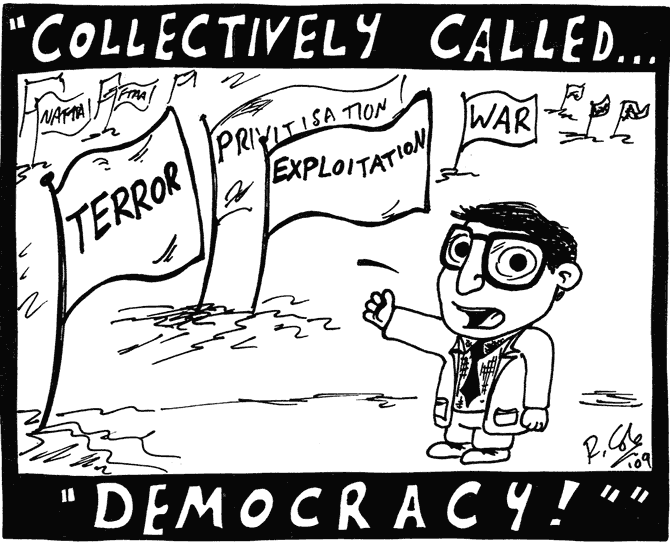324.HOW DID HOSPITALS BEGIN?
The problem of caring for the weak and sick members of society has existed from the very earliest times. But the idea of hospitals is a new one in the history of man.
The Greeks, for instance, had no public institutions for the sick. Some of their doctors maintained surgeries where they could carry on their work, but they were very small, and only one patient could be treated at a time. The Romans, in time of war, established infirmaries, which were used to treat sick and injured soldiers. Later on, infirmaries were founded in the larger cities and were supported out of public funds.
323.HOW DID DEMOCRACY ORIGINATE?
Let us see what we mean by democracy. The word “democracy” comes from the Greek language and means “rule of the people.” As we use the word today, we usually mean a government where the people help to direct the work of the government.
Political democracy has appeared in two general forms. A government in which all the people meet together to decide the policy and to elect the officials to carry it out is known as direct democracy. When the people elect representatives to carry out their wishes, the government is known as a representative democracy. Because direct democracy is not possible on a large scale with many people involved, almost all forms of democracy practiced today are the representative kind.
322.WHY DID MAN BEGIN EATING EGGS?
When people are lost somewhere, as in the jungle or on a lonely island, they will try to eat almost anything when they get hungry. In some such way primitive man, in his search for food, must have tried to eat the eggs of the birds. Exactly when this happened, or where, we cannot know, of course.
But we know that the chicken hen has been furnishing man with eggs for food since prehistoric times. In fact, the chicken, which probably originated in the jungles of India, spread throughout the world long before recorded history.




